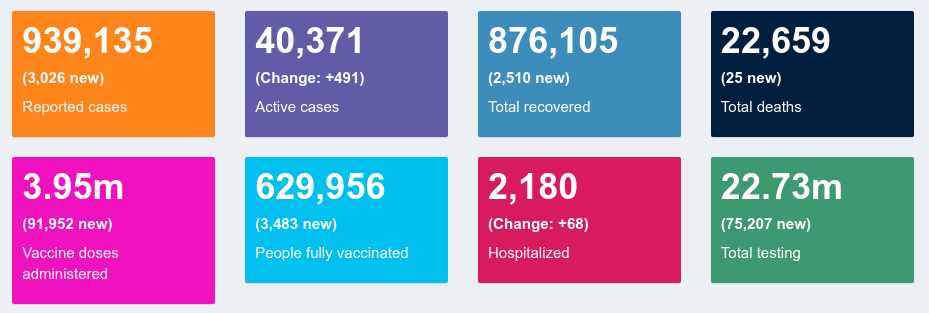Reveal Culture
(crossposted from malcolmocean.com; originally published June 2015) I have things to say about the Ask/Guess/Tell Cultures model, and an addition/amendment to propose: Reveal Culture. Shifting cultures is hard, so what you’re about to read is not going to have a quality of “let’s all go do this!” I do think it’s worth talking about a lot more, and working on gradually and creatively with others who are game to experiment with culture-crafting. This post is going to assume that you’re familiar with the Ask/Guess Culture model at the very least. I don’t want to have to explain the whole concept from scratch. The post is written with a Tell Culture familiar audience in mind, although I think it would be worth reading without it. I will talk about each in turn and my understanding of how they work, so you understanding them well is not a prerequisite for this post. I do want to note that I think it makes more sense to talk about “ask cultures” or even “Guess-based cultures” though, rather than in the singular. This is helpful for keeping salient the fact that there are many very different cultures built upon the platform of Ask or of Guess. So I’m going to use Majuscule Singular to talk about the platforms and lowercase (usually plural) to talk about the cultures themselves. I think this is just good thinking practice. Why am I using a new term? I want to talk about a new cultural platform: Reveal Culture. It has similarities to Tell Culture, but I’m choosing a new name for three reasons: * because I think that people read a lot into the names (for example assuming that if you ask a question then it must not be Guess Culture) (more on this as a general issue) * I think the name “Reveal Culture” suits this particular thing better than “Tell” (For what it’s worth, I think that “Infer” probably suits Guess a lot better than “Guess” does.) * I don’t want people to associate what I’m putting out with those who are trying to do Tell Culture with everybody just base

Yeah I think I had an intuition in my early 20s that I was underdeveloped in my sense of Hell and this was one of the main reasons I was drawn to become close to Brent for a few years—I sensed he knew something about it.
And honestly it helped; I think I would have been a bit of a rose-colored glasses guy otherwise! ...he'd probably still say I am one. But in any case, I am as a result of knowing him, capable of writing essays like this one:
https://malcolmocean.com/2025/03/hell-is-praying-and-heaven-is-bullshitting/
...which, not coincidentally, resonates somewhat with the vibe of this LW post!
(Also the friend mentioned in the post is not Brent, although it literally could have been except for the (implied) part where my utterance was enough to make some meaningful connection with the specific friend the story is actually about. I don't yet know how to speak Heaven's Apology to Brent.)